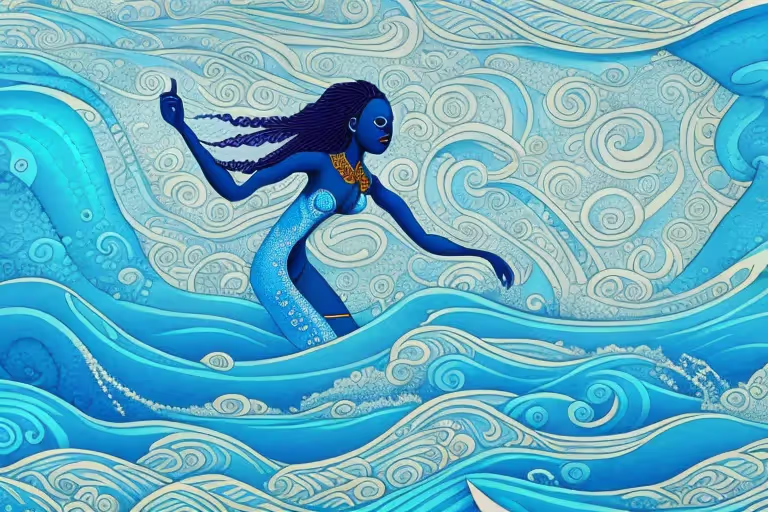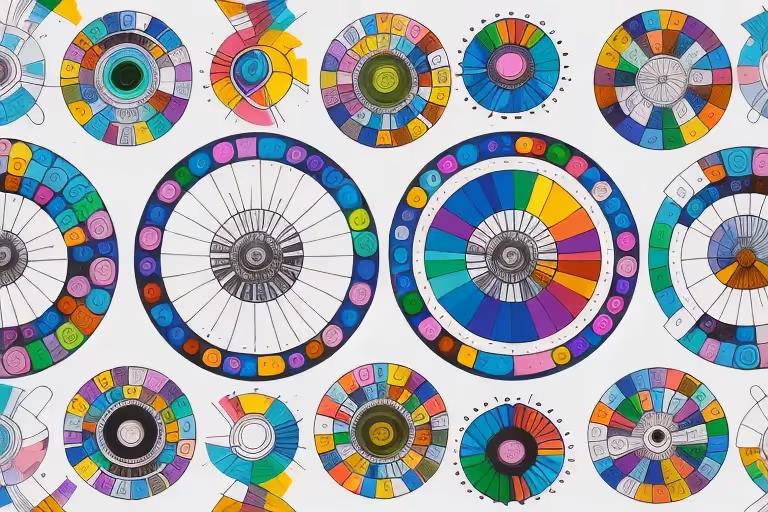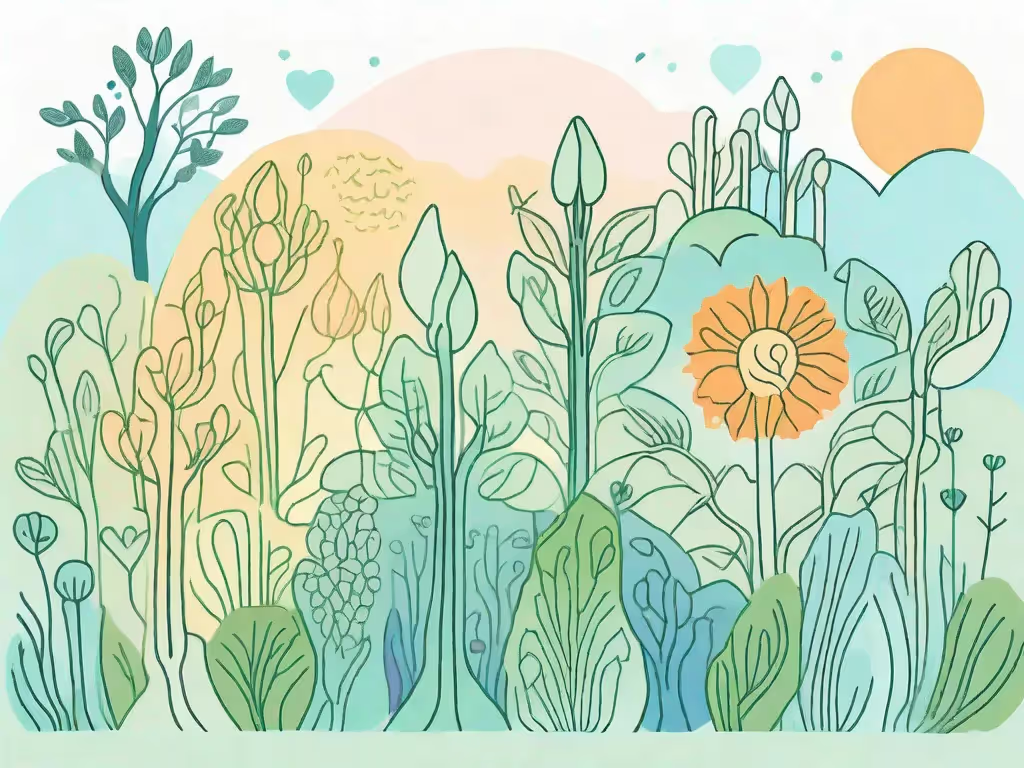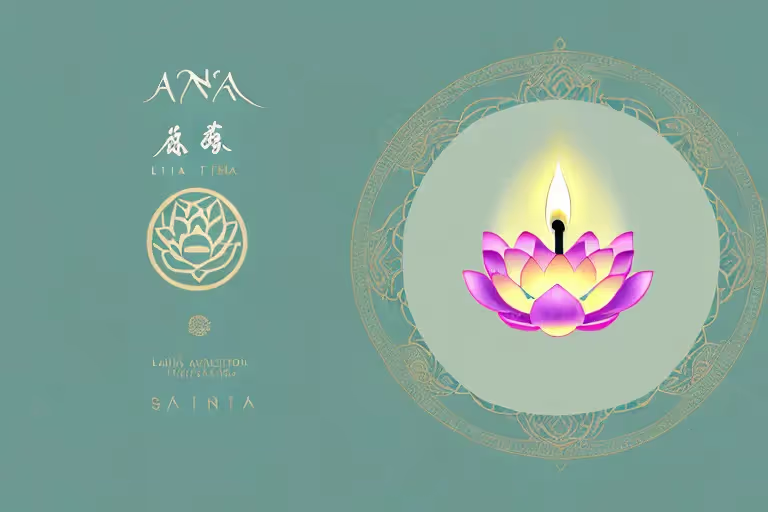The Yoruba people of West Africa worship a complex pantheon of spiritual beings known as the orishas. These deities are believed to be intermediaries between the human world and the divine realm, and they play crucial roles in Yoruba religion and culture. One of the most significant orishas is Yemaya, the goddess of the ocean and all waters. In this article, we will delve into the ancient origins and modern influence of Yemaya, exploring her symbolism, role in the orisha pantheon, iconography, and offerings, as well as her impact on contemporary spirituality, environmentalism, and ocean conservation. Join us as we unveil the mysteries of Yemaya, the orisha of the ocean.
The Origins of Yemaya
Yemaya has deep roots in Yoruba mythology, where she is revered as the mother of all orishas, and the goddess of fertility, childbirth, and the moon. According to legend, Yemaya was born from the union of the orisha Olokun, the ruler of the depths of the ocean, and Oduduwa, the first king of the Yoruba people. From her mother, Yemaya inherited the seas and all the creatures that lived within them, while from her father, she received the power to control the tides and the moon cycles. Throughout history, Yemaya has been associated with the feminine reproductive system, and she is often called upon by women seeking help with fertility and childbirth.
Yemaya in Yoruba Mythology
As a central figure in Yoruba cosmology, Yemaya embodies a range of complex characteristics and emotions. She is a nurturing mother figure who provides sustenance, protection, and guidance to her children. Still, she is also a fierce warrior who fiercely defends her people against harm and destruction. In Yoruba mythology, Yemaya is revered as the "Great Mother," the embodiment of the life-giving power of the ocean. As such, she is both a symbol of fertility and a protector of all life.
The African Diaspora and Yemaya's Global Influence
During the African diaspora, Yemaya's worship was carried across the Atlantic Ocean and spread throughout the New World. Today, her influence can be seen in the religious practices of Cuba, Brazil, Trinidad, and other countries with large African diasporic populations. In each of these places, Yemaya is worshipped as a powerful and compassionate deity who represents the natural elements of water, fertility, and motherhood. Her influence on global culture has only grown in recent years, with an increasing interest in Yoruba spirituality and the legacy of the African diaspora.
The Symbolism of Yemaya
The symbols associated with Yemaya are rich in meaning and deeply rooted in the natural world. Her primary symbol is the ocean itself, embodying all the power, mystery, and majesty of the deep blue sea. Yemaya is also associated with the moon, representing her connection to femininity, cycles of life and death, and the powers of intuition and wisdom. The color blue is another significant symbol attached to Yemaya, representing the depths of the ocean and the expansiveness of the sky. Finally, the image of a mermaid is often used to represent Yemaya in Western popular culture, conjuring up visions of beauty, power, and mystery.
Yemaya as the Mother of All
One of the most well-known aspects of Yemaya's symbolism is her role as the great mother of all creation. As a nurturing and protective figure, Yemaya is often associated with the concept of maternal love and the instinctual drive to care for one's children. This image of motherhood is deeply rooted in Yoruba mythology, where Yemaya is said to have birthed all the orishas herself, earning her the title of "Great Mother." She is also deeply associated with fertility and childbirth, with many women turning to her for guidance and support during difficult pregnancies or when trying to conceive.
The Ocean and Yemaya's Connection to Life
As the orisha of the ocean, Yemaya's symbolism is closely tied to the qualities of water and life. The ocean is a symbol of all the mysteries and potential that exist within the natural world, representing both chaos and order, fear and fascination, depth and shallowness. Yemaya's connection to the ocean makes her a powerful symbol of life's ebb and flow, the unpredictability of nature and the power of transformation. In this way, Yemaya represents the cycles of birth and death, destruction and creation, and the balance between the spiritual and physical worlds.
Yemaya's Role in the Orisha Pantheon
As one of the most significant orishas, Yemaya plays a vital role in the Yoruba pantheon of spiritual beings. She is often seen as a principal member of the orishas, alongside other influential figures such as Ogun, Shango, and Oya. Yemaya's central position in the orisha pantheon reflects her importance in Yoruba religion, where she is considered to be the ultimate mother and protector of all living things. Her influence extends beyond the Yoruba people, and she is worshipped by many African diasporic communities worldwide.
Yemaya's Relationships with Other Orishas
A key aspect of Yemaya's role in the orisha pantheon is her relationships with other deities. Yemaya has strong alliances with Oshun, the goddess of love and beauty, and Oya, the warrior goddess of change and transformation. These three figures are known as the "Divine Triplets" and are often linked together in Yoruba mythology. Other orishas, such as Shango, the god of thunder and lightning, and Ogun, the god of iron and war, also hold significant connections to Yemaya, reflecting the interconnectedness of the orishas.
Yemaya's Influence on Human Life
Throughout history, Yemaya has been believed to have an impact on human life in a variety of ways. Women often look to Yemaya for guidance during pregnancy, childbirth, and motherhood, and many individuals seek her help with issues related to emotional healing and mental health. Yemaya's influence on human lives extends beyond personal healing and growth, and she is often called upon for protection from natural disasters, such as storms and floods. The spread of Yemaya's influence through the diaspora has led to her association with social justice, human rights, and environmental activism, reflecting her capacity to inspire and empower individuals and communities alike.
Yemaya's Iconography and Offerings
The icons associated with Yemaya are powerful and long-lasting, serving as visual reminders of her presence and influence in the world. Described as a mermaid, Yemaya's depictions often include images of the ocean, the moon, and seashells, reflecting her connection to the natural world. Offerings to Yemaya reflect her association with motherhood and fertility, and often include items such as water, moon-shaped cakes, and jewelry decorated with seashells. Other offerings may include flowers, fruits, and sweets, depending on the specific needs and circumstances of the individual making the offering.
Depictions of Yemaya in Art and Culture
Yemaya's influence on global culture can be seen in art, literature, music, and film. Her image has been immortalized in countless paintings, sculptures, and murals, highlighting her beauty, power, and mystery. In literature, Yemaya's presence can be felt in the work of authors such as Toni Morrison, Alice Walker, and Octavia Butler, who use Yoruba mythology to explore issues of race, gender, and power. Musicians, such as Celia Cruz, have paid homage to Yemaya through their music, while films such as Daughters of the Dust and Black Panther have helped bring Yoruba mythology to new audiences worldwide.
Traditional Offerings and Rituals for Yemaya
Many people who worship Yemaya follow traditional rituals and practices aimed at showing reverence and respect for the ocean goddess. These rituals often involve offerings of food and liquor, recitations of prayers and chants, and the lighting of candles and incense. Some religious communities even hold annual ceremonies in honor of Yemaya, such as the Feast of Yemaya, which takes place annually on December 31st. These traditional offerings and rituals serve as a way of paying tribute to Yemaya's power and presence, connecting individuals to the spiritual realms and the natural world.
Yemaya in Modern Spirituality
Today, Yemaya's influence can be felt in many contemporary religious and spiritual practices. Her association with motherhood, feminism, and the environment has made her a symbol of resistance, empowerment, and social justice. Yemaya's influence can also be seen in the modern environmental movement, with many activists drawing inspiration from her connection to the ocean and her capacity to empower individuals and communities to protect and preserve the natural world. In this way, Yemaya's influence continues to expand, touching the lives of individuals around the world, and inspiring new forms of connection, creativity, and beauty.
Yemaya's Role in Contemporary Religious Practices
As interest in traditional African spirituality grows, Yemaya's role in contemporary religious practices has become more prominent. Many people who follow Yoruba religion or Santeria incorporate Yemaya into their daily devotions, calling upon her for guidance, protection, and healing. In the United States, Yemaya's worship is widespread, with many African American, Hispanic, and Caribbean communities honoring her through public ceremonies and festivals. Yemaya's influence on contemporary religious practices serves as a testament to her power and vitality, as well as the enduring legacy of Yoruba spirituality and the African diaspora.
Yemaya's Influence on Environmentalism and Ocean Conservation
As concern for the environment and the impact of climate change continues to grow worldwide, Yemaya's symbolism and influence have become more central to the conversation about sustainability and conservation. Her association with the oceans, freshwater, and fertility has positioned her as a natural ally in the fight to protect and preserve our natural resources. Many activists and organizations have embraced Yemaya as a symbol of empowerment, using her image and influence to inspire hope, creativity, and change. In this way, Yemaya's influence extends beyond traditional religious practices, serving as a potent symbol of environmental justice and the power of collective action.
Conclusion
Throughout this article, we have explored the complex nature of Yemaya, the orisha of the ocean. We have delved into her origins, explored her symbolism, examined her role in the orisha pantheon, and looked at her influence on contemporary religious practices and environmentalism. From her association with motherhood and fertility to her connection to the natural world, Yemaya's influence extends far beyond the religious communities that worship her. As we continue to face the challenges of the modern world, we can look to Yemaya as a symbol of strength, resilience, and hope, inspiring us to find new ways to connect with the natural world and each other.
Aura is Your All In One App for Meditation, Mindfulness Wellbeing
Find peace every day with one app for your whole well-being. There is no one-size-fits-all solution to mental well-being. Aura is the first all-in-one wellness app that learns how to best help you. Discover an endless library of expert-created tracks for your well-being, all taught by the world’s best coaches, therapists, and storytellers. With Aura's personalized recommendations, you can find peace every morning, day and night.



.webp)






.avif)

%20(1).avif)


.avif)
.avif)
.webp)


.avif)


















































































































.avif)

















.svg)








